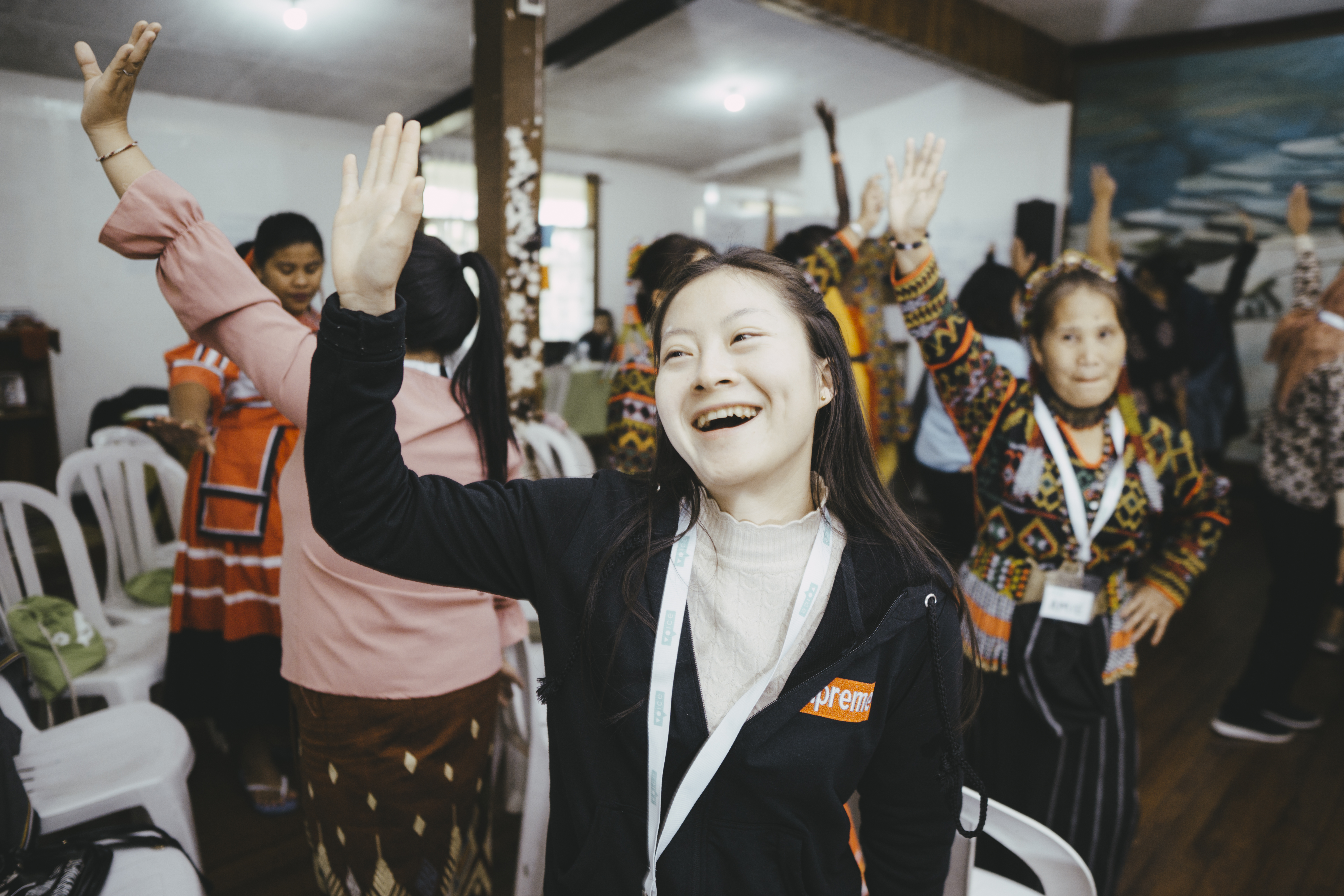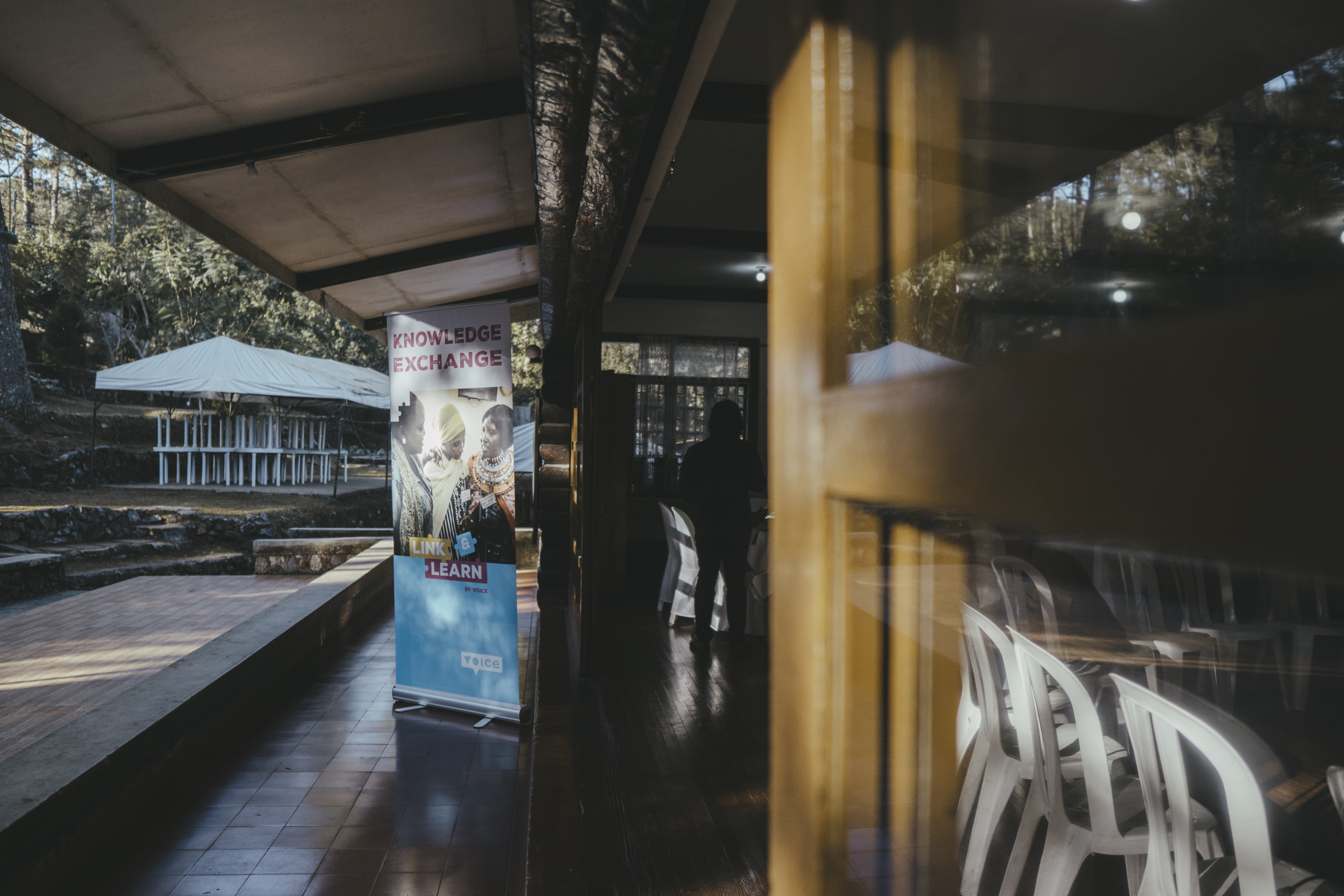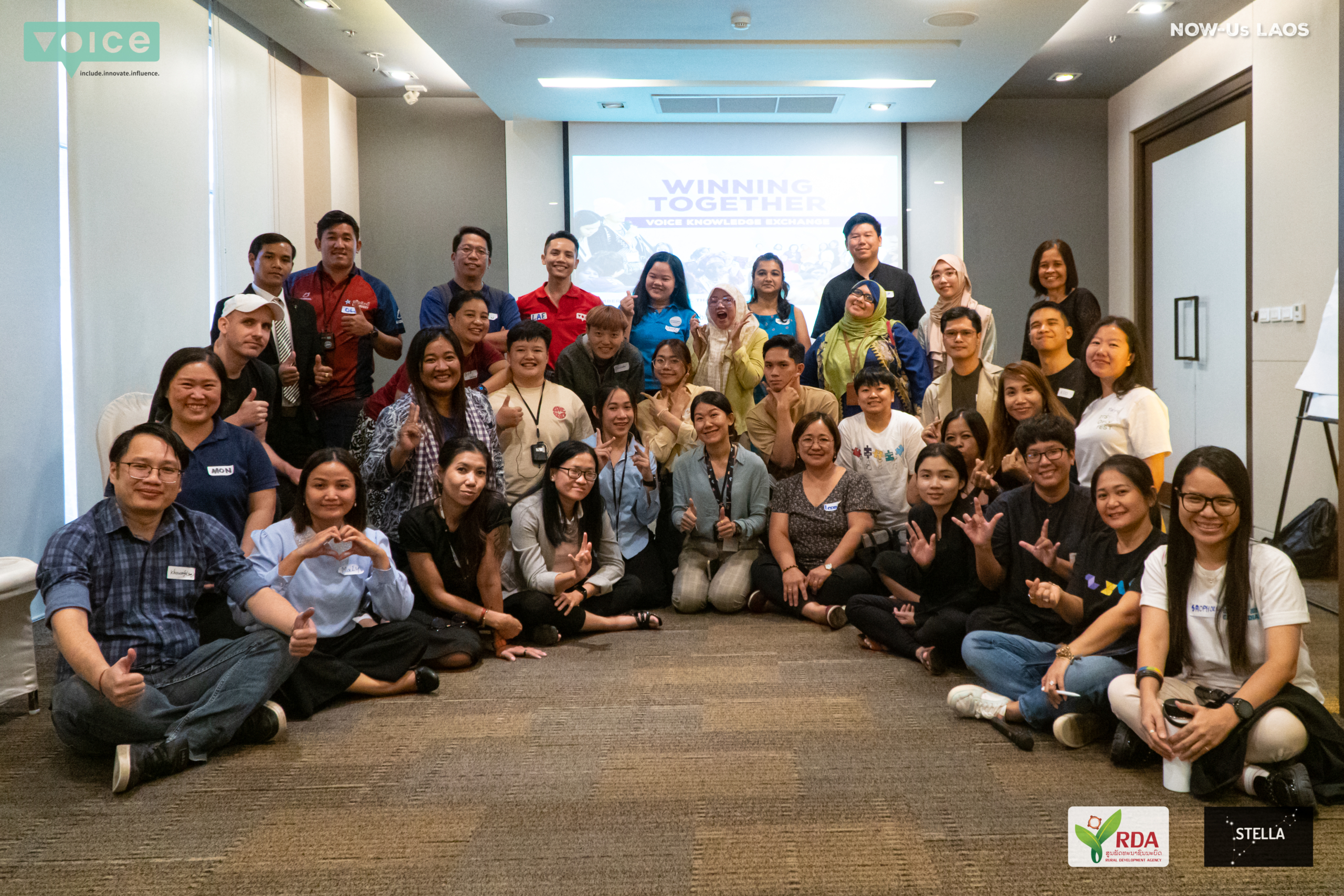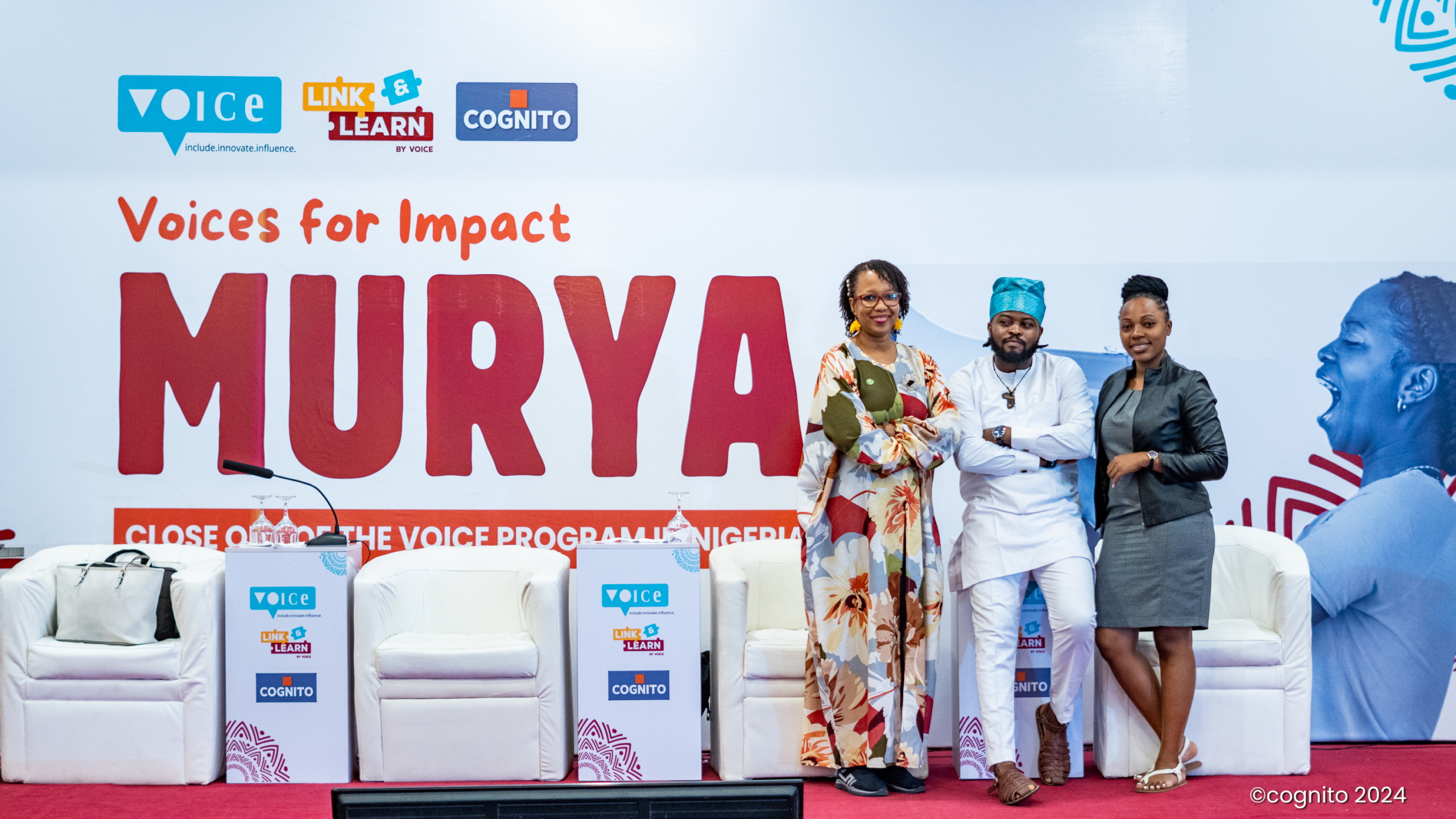A community not defined by borders: Griots tales from West Africa
by Cedric Owuru, Linking, Learning, and Amplifier Officer, Voice in Nigeria
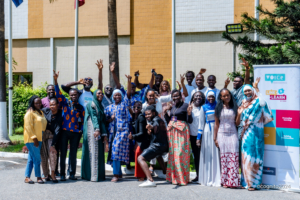
Day 1 – The jitters
I looked around the room, and I asked myself if we were sure of our direction. See, conceptualisation is a different ballgame for execution. On paper, having a regional knowledge exchange about the political sphere for the West African countries implementing the Voice programe makes perfect sense. I bet you feel the same reading this part of the blog. All countries are having major drastic changes politically, there have been political changes even at the regional level cutting across all participating countries, there are a lot of socio-economic issues affecting rightsholders that were waiting to be unpacked. We were on the verge of unpacking and what was running through my mind were the potential challenges in front of us. Although there were interpreters, a bilingual workshop always has language challenges, especially during breakout sessions. Many vital learnings and insights usually get lost in interpretation. Another major challenge that I saw was the age gap of the participants, it was a heterogeneous mix of boomers, millennials and Gen Z. I never anticipated that.
For a moment I hesitated stepping forward to lead the facilitation on the first day. Beyond the learning questions of the workshop, I had a lot of “what if” questions in my head. I took a deep breath to calm myself. One thing I have learnt as a facilitator that has kept me grounded in situations such as this is this that whatever happens is the only thing that could have happened, especially when you are not trying to determine the outcome from the start.
The sessions for Day 1 focused on the context of all countries and a major thing that stood out was the assumptions that participants had of their neighbouring countries. At the end of the session, I felt the unease and jitters fade away during the plenary when an English speaking participant tried presenting from a flip chart with French write-ups. It was so hilarious we all laughed our lungs out. The fact that the participants were making an effort to walk in each other’s shoes made me realise they were mindful of my fears from the start.
At this point of the workshop, in terms of ensuring inclusive participation we were clear on that, but in terms of the knowledge exchange and where it will take us, things were not really clear. We were still stuck looking through the lenses of our individual countries’ contexts and the connection was missing. We still saw ourselves as Niger, Mali and Nigeria. It was obvious that there was need to deep dive beyond the surface and unpack further.
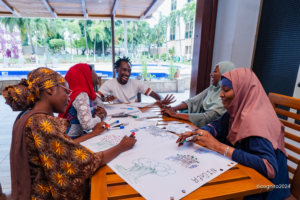
Day 2 – The Unravelling
Day 2 had a different feel at this point. You could say the flow of the workshop was at the autopilot phase where things happened seamlessly. The first session focused on deep-diving on the political systems across the region, which activated a metaphorical reset in the brains of all participants. Most of the mysteries behind the political systems and how it affect the work we do as civil society, not just at a national but regional level, were unravelled.
The second session which looked at communication beyond languages questioned our biases on how to create separations based on our languages. The exercise that made participants to present a project idea without speaking but using other forms of communication made us realise that language was not the barrier but lack of intentionality.
“Even people that speak the same language misunderstand each other at some point, is that not indicative that communication is beyond words?” said a participant, and this was the greatest unravelling mystery of us.
On Day 2, we saw ourselves beyond the citizens of Niger, Mali and Nigeria. We saw beyond the language and political systems, we had formed our own community with our own language. But the question of how to use this to connect to other members of the region to know about this new community and language needed something extra reflection.
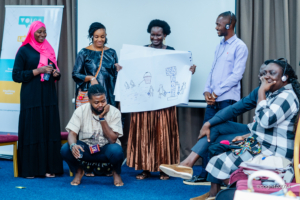
Day 3 – The connecting thread
What speaks to the heart that anyone from any place speaking any language can connect to? A holistic connection from the head to the heart? In case you are wondering, that one thing is art and creativity. We all doubt the artist in us yet this is a powerful tool for connecting people. On Day 3, the exercise of participants using slam, spoken words, skits and other art forms to express their advocacy message of inclusion was indeed powerful and elating. Most participants doubted their ability until they tested themselves. At the end of the session for Day 3, we found a strong connecting thread for all participants through art, a strong connecting thread speaking to the head, heart and all the senses. At the end of Day 3, we were one community with one language using art to speak to the issues of West Africa as West Africans and not as Niger, Mali and Nigeria.
We understand that from the outside, people may see differences in language, religion, political system etc. But we all want a working political system– that makes us similar. We all preach the same religious language of love, we all artistically use our languages, whether English, French, Bambara, or Hausa, for beautiful music and art, which we collectively enjoy, exchange and sing. If you ask me, I don’t know what else makes people more connected and similar beyond that. For me, this is the greatest connecting thread for the West African region and I believe if you are reading till this point you share the same sentiment.
For a more visual peek at the event, do take a look at this live e-book!

